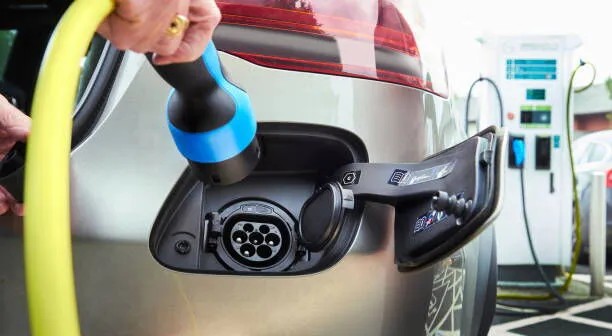


A Comprehensive Guide to Using EV Charging Stations
As electric vehicles (EVs) continue to grow in popularity, knowing how to effectively use EV charging stations is essential for both new and experienced China EV Chargers owners. Charging an EV differs from refueling a gasoline-powered car, and the process depends on the type of charging station, vehicle compatibility, and the network. This guide covers key aspects of EV charging stations, including types, connectors, costs, and tips for efficient use.
EV charging stations fall into three main types, each with different power outputs and charging speeds. These types are suited to different needs, from overnight home charging to rapid top-ups during long trips.
Level 1 Charging
Level 1 charging uses a standard 120V household outlet. It’s the slowest method, providing 3-5 miles of range per hour. While convenient for overnight charging, it’s impractical for daily use, especially if you have a long commute or need frequent recharges.
Level 2 Charging
Level 2 charging requires a 240V outlet and is the most common for both home and public use. It adds 20-25 miles of range per hour, making it faster than Level 1. Many EV owners install Level 2 chargers at home, and they can also be found in public areas like workplaces and shopping centers.
DC Fast Charging (DCFC)
DCFC is the fastest option, delivering high-speed DC power directly to the EV’s battery. It can charge an EV to 80% in 20 to 60 minutes, depending on the charger’s power output. DC fast chargers are essential for quick public charging and long road trips but are less common and more expensive than Level 1 and Level 2 chargers.
The type of connector your EV uses is important for choosing the right charging station. Here are the most common connectors:
SAE J1772
The SAE J1772 is the standard connector for Level 1 and Level 2 charging in North America, used by most non-Tesla EVs. Tesla vehicles require an adapter to use J1772 chargers.
CCS (Combined Charging System)
CCS connectors are used for DC fast charging and are becoming the most widely adopted standard. They combine J1772 with additional DC pins for fast charging.
CHAdeMO
CHAdeMO is an older DC fast charging standard used primarily by Japanese automakers. Its availability is decreasing as CCS becomes more common.
Tesla Supercharger Network (NACS)
Tesla uses the North American Charging Standard (NACS) for its Supercharger network. Tesla cars use this exclusive connector, but Tesla is gradually opening its network to other vehicles in certain regions.
Station Compatibility
Ensure that the charging station supports your vehicle’s connector type. Some EVs may require adapters, especially when using non-Tesla stations.
Charging Speed
If you’re in a hurry, choose a DC fast charger. For longer stops, Level 2 is more suitable, while Level 1 is best for overnight use.
Charging Costs
Costs vary by location and network. Public stations may charge by the kWh, minute, or session, and membership plans often provide discounts. Home charging is typically the most cost-effective option.
Planning Your Stops
Use apps like PlugShare or ChargePoint to find stations, check availability, and get real-time information on charging speeds and costs.
Carry Adapters: Ensure you have the necessary adapters for non-standard connectors.
Monitor Charging: Use apps to track your session and avoid extra fees.
Be Considerate: Move your car once it’s charged to free up space for others.
Understanding the types of charging stations, connectors, and costs helps make EV charging more convenient. By planning ahead and using the right tools, you can optimize your charging experience and make the most of your electric vehicle.Know more about Google SEO Directory
